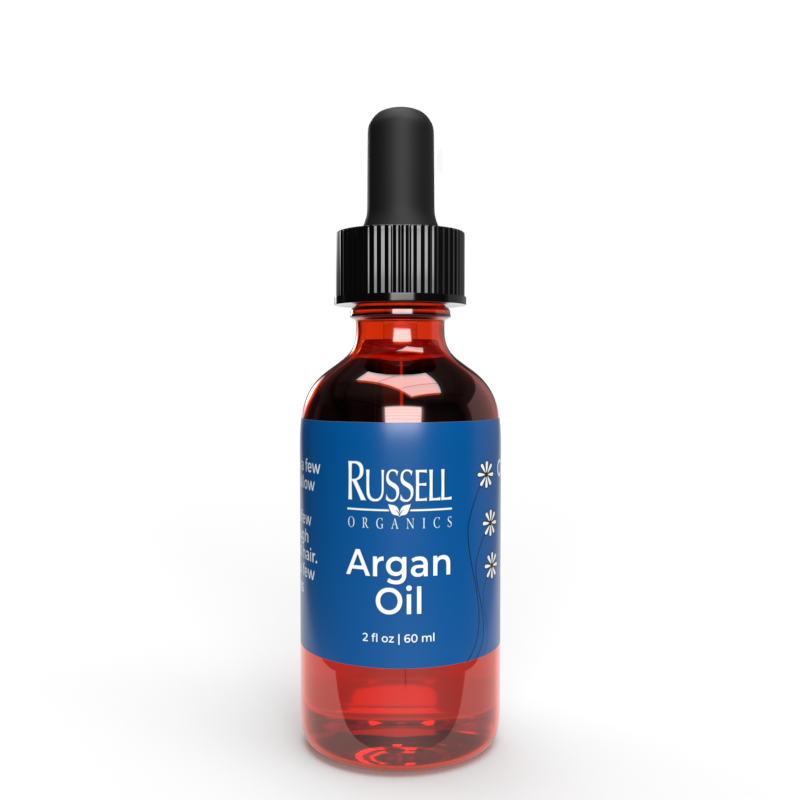Discover The Multitude of Benefits From Argan Oil

Argan oil has become a favorite in the skincare industry due to its numerous benefits. Derived from the kernels of the argan tree (Argania spinosa), which is indigenous to Morocco, this valuable oil is packed with essential nutrients and offers a natural solution for multiple skin issues. In this article, we will explore the numerous skin benefits of using argan oil topically.
Rich in Vitamins
One key reason argan oil is highly beneficial for the skin is its abundance of vitamins. Argan oil is particularly rich in vitamins E and A. These vitamins are vital in maintaining skin health.
Vitamin E
Tocopherol is a critical nutrient for skin health. It serves as a strong antioxidant, protecting the skin from oxidative stress. This vitamin also aids in maintaining the skin's moisture barrier, preventing dryness and keeping the skin well-hydrated.
Retinoic Acid
Vitamin A is a well-known ingredient in various skincare products for its ability to encourage skin cell turnover. This nutrient aids in reducing the visibility of fine lines and wrinkles. It also assists collagen production, crucial for keeping the skin's elasticity and firmness.
Nourishing Fatty Acids
Argan oil is also rich in vital fatty acids, such as omega-3, omega-6, and omega-9. These nutrients are essential in preserving the skin's natural protective barrier and locking in moisture.
Linolenic Acid
Omega-3 fatty acids are known for their anti-inflammatory effects. They help soothe irritated and inflamed skin. For those with sensitive or acne-prone complexions, argan oil can be particularly beneficial.
Linoleic Acid
Linoleic acid play a key role in maintaining the skin's barrier function. They help prevent moisture loss and keep the skin hydrated. Linoleic acid is also known to help reduce acne by regulating oil production.
Oleic Acid
Oleic acid provide essential nourishment and moisture to the skin. These acids are also known to enhance the absorption of other beneficial ingredients in skincare products.
Anti-Aging Properties
Argan oil is famous for its anti-aging properties. Consistent application of this oil can help reduce the visibility of fine lines, wrinkles, and age spots.
Collagen Booster
As mentioned earlier, argan oil contains vitamin A, which helps stimulate collagen production. Higher collagen levels lead to firmer, more elastic skin. This lessens the visibility of fine lines and wrinkles, making the skin look.
Hyperpigmentation Reduction
The vitamin A content in argan oil helps lighten dark spots and hyperpigmentation. Consistent use of the oil can result in a more even skin tone and brighter overall complexion.
Texture Improvement
This oil also aids in improving skin texture. It promotes skin cell turnover, leading to smoother and more refined skin. Additionally, the hydrating properties of the oil ensure the skin remains soft and supple.
Deep Hydration
A major benefit of argan oil is its capacity to moisturize and hydrate the skin. Its lightweight texture enables easy absorption without leaving a greasy residue.
Locks in Moisture
The essential fatty acids in argan oil assist in moisture retention, preventing skin dryness and keeping the skin hydrated. This feature makes argan oil a superb option for those with dry or dehydrated skin.
Barrier Reinforcement
Strengthening the skin's natural protective barrier, argan oil helps preventing moisture loss and protects against environmental damage. This is especially beneficial for individuals with sensitive skin.
Skin Healing
Argan oil is also known for its healing capabilities. Its high content of vitamins and argan oil for eczema fatty acids it helps repair damaged skin and promotes healing.
Scar Reduction
Vitamin A and fatty acids present in argan oil assist in reducing the appearance of scars, including acne scars and surgical scars. Regular use of the oil can lead to less visible, smoother scars.
Inflammation Relief
Anti-inflammatory properties of argan oil aid in soothing irritated and inflamed areas. This renders it an ideal option for those with conditions such as eczema, psoriasis, and rosacea.